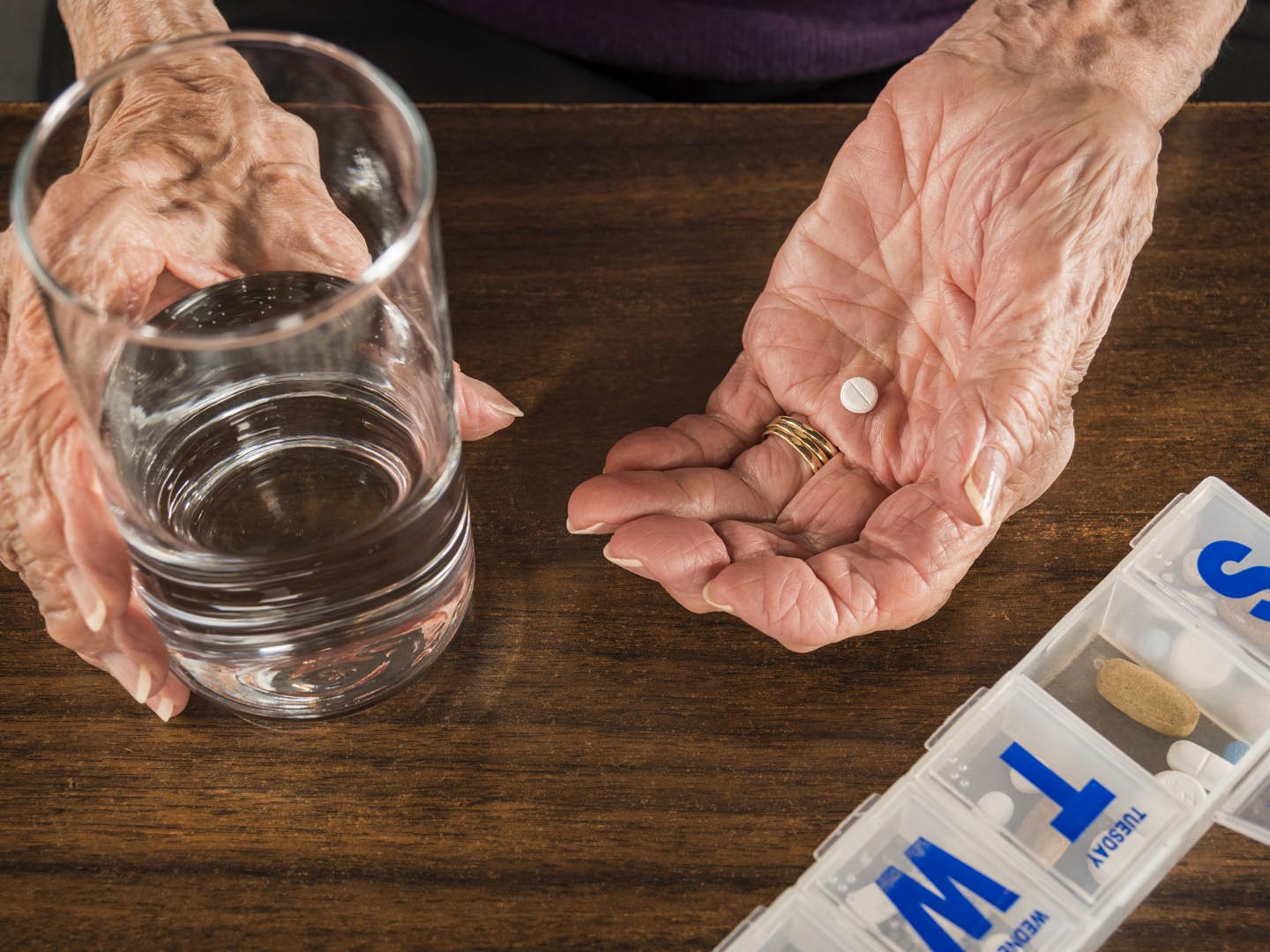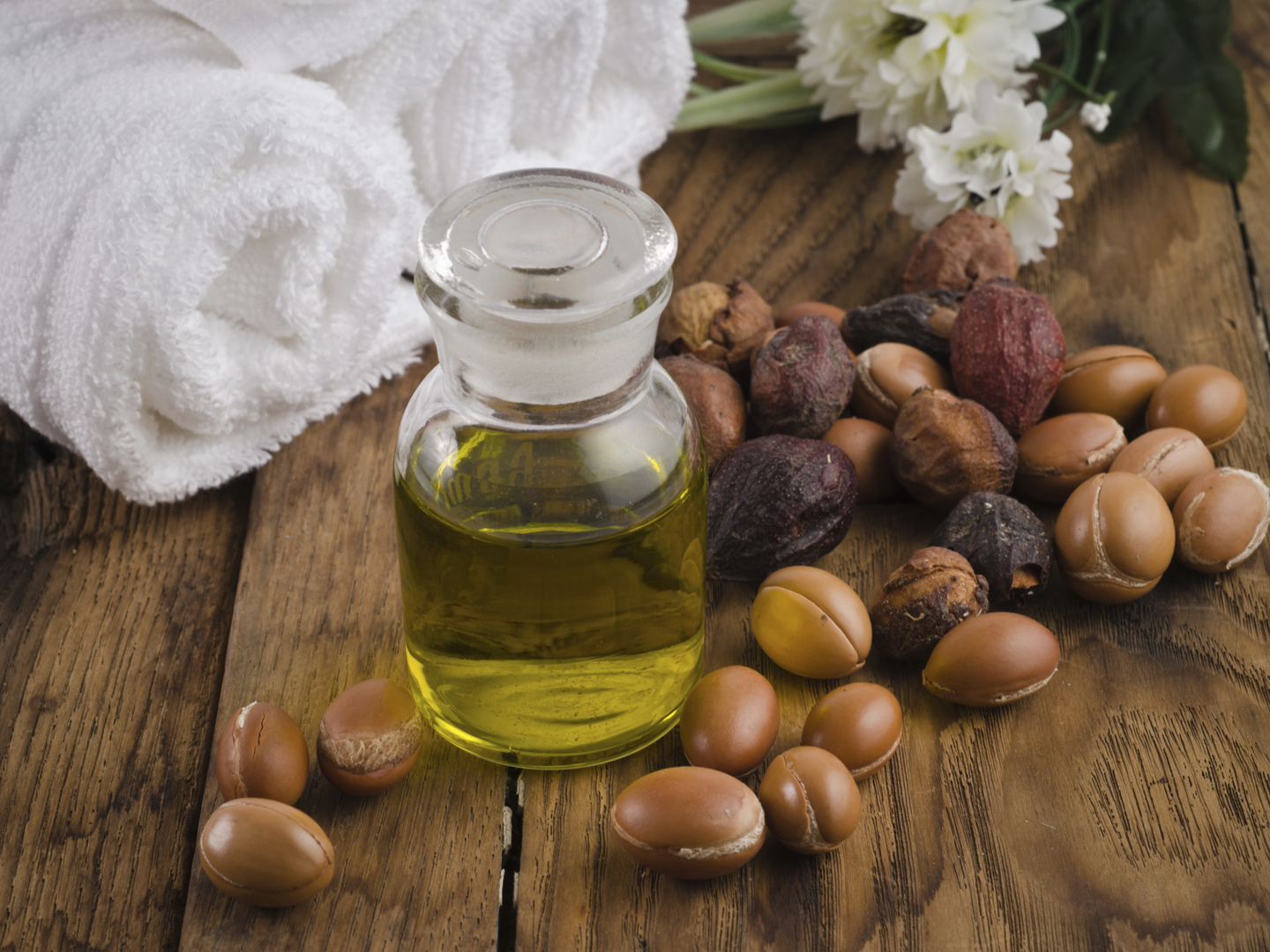Managing Diabetes with Supplements?
What supplements or herbs can help control diabetes? Are commercially available combinations of supplements effective for controlling blood sugar?
Andrew Weil, M.D. | October 10, 2003

(Originally published 11/15/2002)
November is American Diabetes Month so the timing of your question couldn’t be better. I assume that you’re referring to type 2 diabetes that mostly affects adults and is less severe than type 1 (juvenile) diabetes that must be treated with regular insulin injections. Exercise, diet and various supplements can help control type 2 diabetes and may help those with type 1 reduce their insulin requirements. Bear in mind, however, that supplements alone aren’t enough: regular exercise (at least 30 minutes of aerobic activity daily) is the single most important thing you can do to control your disease.
Diet is also crucial. Since being overweight causes cells to become resistant to insulin in many people, losing weight can make a big difference in successfully managing diabetes. In addition, try to keep your blood sugar in a healthy range by eating small frequent meals. Learn about the glycemic index of carbohydrate foods and choose foods that are low on that scale. Mostly that means avoiding refined and processed carbs. Also learn about glycemic load.
I’m unaware of evidence showing that any commercially available combination of supplements provides effective control of blood sugar. However, I do recommend several individual supplements:
- GTF (glucose tolerance factor) chromium: This trace element plays a role in blood sugar regulation by working with insulin to help transport glucose into cells. Take 1,000 mcg daily.
- Alpha-lipoic acid: An antioxidant that can enhance glucose uptake, inhibit glycosylation (the abnormal attachment of sugar to protein), and helps promote and maintain eye and nerve health. Start with 100 milligrams a day. Higher doses (600 milligrams a day) help treat and prevent diabetic neuropathy (nerve damage from impaired microcirculation).
- Magnesium: To help promote healthy insulin production, take 400 mg daily. (Magnesium glycinate is a good form with less of a laxative effect than other forms of magnesium.)
- Coenzyme Q10: A powerful antioxidant that may help maintain a healthy heart. Take 60-100 milligrams of a softgel form with your largest meal.
The following botanicals can help, too. Take them all in extract form and follow the dosage directions on the packages:
- Bitter melon (Momordica charantia)
- Gurmar (Gymnema sylvestre)
- Prickly-pear cactus (Opuntia spp)
Andrew Weil, M.D.










